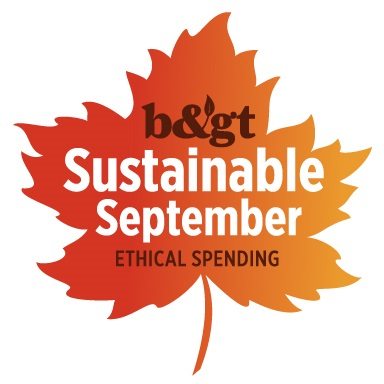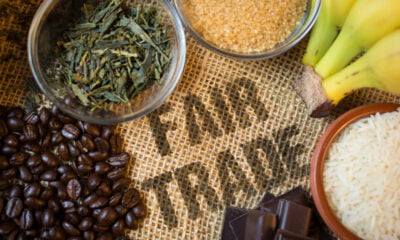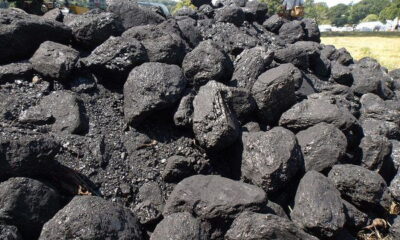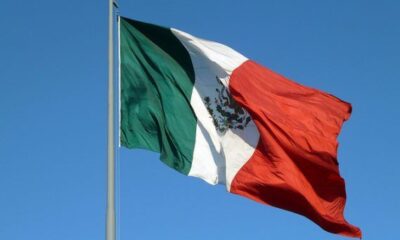

Economy
Sustainable September debate: free trade trumps fair trade – arguments for
Sustainable September – Blue & Green Tomorrow’s month-long celebration of sustainability – will comprise of four evening debates and an all-day conference on sustainability. We’re keen that as many of our readers join us as possible, so sign up here to register your interest before tickets are released in June.
Earlier this week, we kicked of a new series analysing the four debate topics by looking at some of the arguments for and against the motion, “Growth in tourism is undesirable: it is rarely economically or environmentally ‘good’.”
The second event, taking place in the week of September 8, is about sustainable retail. Four speakers will discuss the motion, “Free trade trumps fair trade in helping developing economies.” Read arguments against the motion here.
Free trade is trade between nations that has little or no influence from governments – subsidies, tariffs, price controls and so on. The market determines prices, instead of the state. This is in contrast to fair trade, in which developed countries generally pay a higher price to make sure their developing world suppliers are paid fairly for their work.
Telegraph commentator Janet Daley called free trade the “greatest aid to real development – and the proven route out of mass poverty” in an article in 2008. But perhaps one of the biggest proponents of free trade, and the biggest critics of fair trade, is the thinktank the Adam Smith Institute (ASI).
In a 2008 paper, it argued fair trade negatively impacted the economic prosperity of developing world farmers, and didn’t actually help them. Marc Sidwell, who wrote the report, said at the time, “[Fair trade] only offers a very small number of farmers a higher fixed price for their goods. Given the way markets work, these higher prices come at the expense of many other farmers who, unable to qualify for Fairtrade certification, are left even worse off.”
Critics of the fair trade movement say everyone should be on a level playing field, and one group should not be favoured by western buyers just because they are certified as fair trade.
In an online BBC article in 2003, Institute of Economic Affairs (IEA) director Julian Morris said, “Free trade enables people to sell their products to those who are willing to pay the highest price for them. That means the original producer is able to capture a larger proportion of the value of the product. In this sense, free trade is fair trade.”
The Sustainable September debate, which you can register your interest for here, will explore this subject in-depth. But in the meantime, why not tell us what you think on social media? Follow Sustainable September on Twitter (@SustSept), Facebook (facebook.com/sustsept) and through the dedicated LinkedIn group.
On Saturday, we will explore some of the arguments against the motion.
Read arguments against the motion.
Further reading:
Introducing: Sustainable September


 Environment12 months ago
Environment12 months agoAre Polymer Banknotes: an Eco-Friendly Trend or a Groundswell?

 Features11 months ago
Features11 months agoEco-Friendly Cryptocurrencies: Sustainable Investment Choices

 Features12 months ago
Features12 months agoEco-Friendly Crypto Traders Must Find the Right Exchange

 Energy11 months ago
Energy11 months agoThe Growing Role of Solar Panels in Ireland’s Energy Future





























